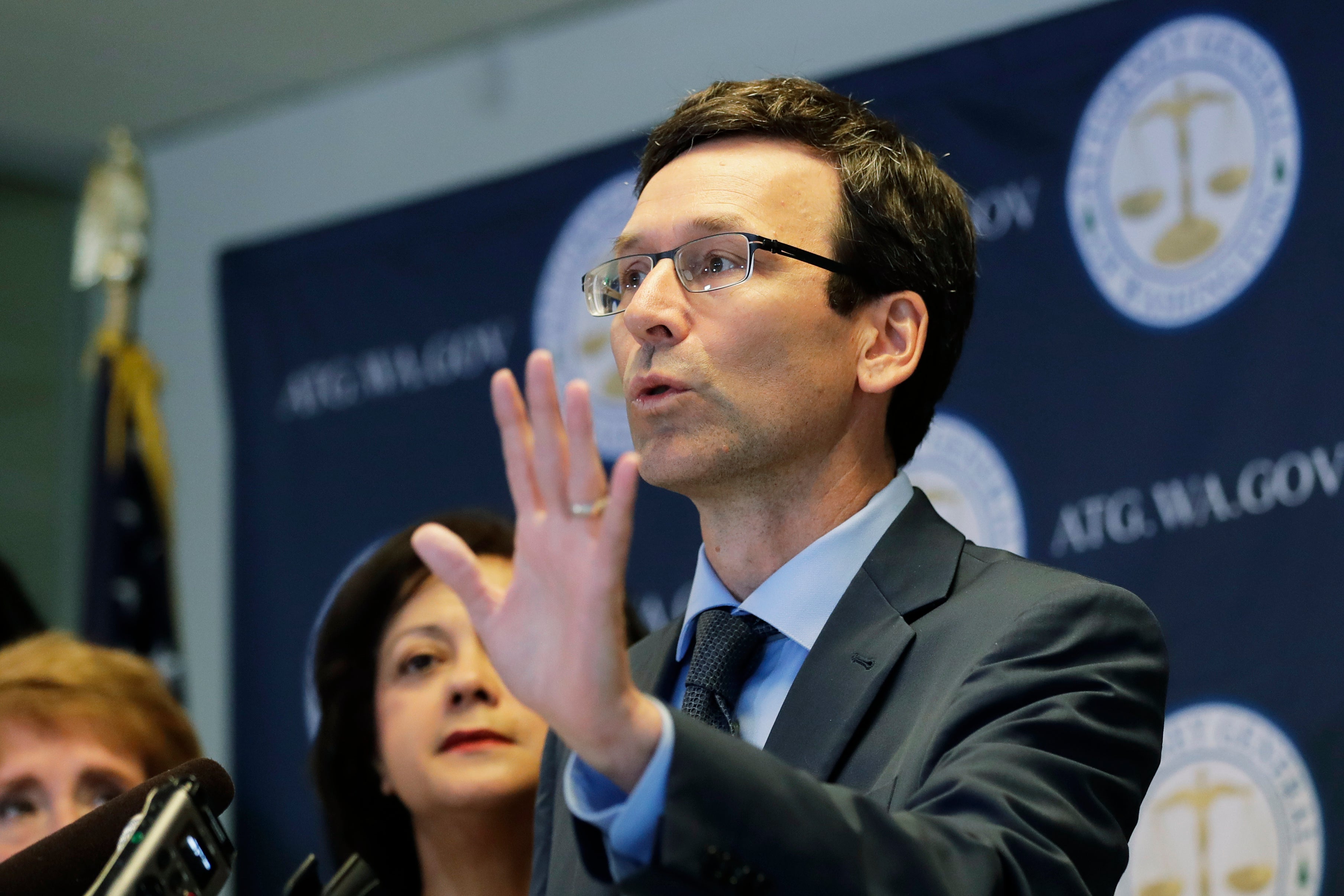Trade group settles GMO-labeling case for $9 million
A trade group that represents some of the biggest U.S. food companies has agreed to pay $9 million for violations of Washington campaign finance laws, after the state Supreme Court upheld a penalty twice that much

Your support helps us to tell the story
From reproductive rights to climate change to Big Tech, The Independent is on the ground when the story is developing. Whether it's investigating the financials of Elon Musk's pro-Trump PAC or producing our latest documentary, 'The A Word', which shines a light on the American women fighting for reproductive rights, we know how important it is to parse out the facts from the messaging.
At such a critical moment in US history, we need reporters on the ground. Your donation allows us to keep sending journalists to speak to both sides of the story.
The Independent is trusted by Americans across the entire political spectrum. And unlike many other quality news outlets, we choose not to lock Americans out of our reporting and analysis with paywalls. We believe quality journalism should be available to everyone, paid for by those who can afford it.
Your support makes all the difference.A trade group that represents some of the biggest U.S. food companies has agreed to pay $9 million for violations of Washington campaign finance laws, after the state Supreme Court upheld a penalty twice that much.
The Consumer Brands Association, which represents companies including PepsiCo and General Mills, said in January it intended to appeal the state ruling to the U.S. Supreme Court.
But on Wednesday, Washington Attorney General Bob Ferguson, who sued the group in 2013, announced it was dropping its appeal and would instead settle the case for $9 million, including $3 million in donations to two charities that fight hunger.
The remaining $6 million will be directed to the state's Transparency Account, which supports the Public Disclosure Commission.
It’s believed to be the largest campaign finance penalty in the nation’s history, Ferguson said.
“Illegal dark money has no place in Washington elections,” he said in a news release. “My office will be relentless ensuring dark money special interests that intentionally violate our campaign finance laws will be held accountable — even if it takes a decade."
The case concerned money the Consumer Brands Association — then known as the Grocery Manufacturer's Association — funneled into a state political campaign in 2013.
The group collected $14 million from its members for a pooled campaign account. It then contributed $11 million of that to help defeat a ballot initiative that would have required labeling of genetically engineered ingredients on food packaging.
The association failed to register as a political committee, did not disclose which companies contributed the money and filed no campaign-finance reports until after the attorney general sued.
As part of the lawsuit, the state uncovered meeting minutes revealing that the purpose of the pooled campaign account was to “shield individual companies from public disclosure and possible criticism.”
In January, the Washington Supreme Court ruled that an $18 million fine for the intentional campaign finance law violations was not excessive.
Consumer Brands, which is based in Arlington, Virginia, acknowledged in the settlement that it violated the state's public disclosure laws. In a written statement Wednesday, its president and CEO, Geoff Freeman, said the deal would allow the organization to move forward.
“Our agreement with the state of Washington not only saves our association millions of dollars, it directs $3 million to hunger relief charities Food Lifeline and Northwest Harvest, causes aligned to our industry’s values,” Freeman said.
The 2013 GMO-labeling measure, known as Initiative 522, failed by a vote of 51% to 49%.